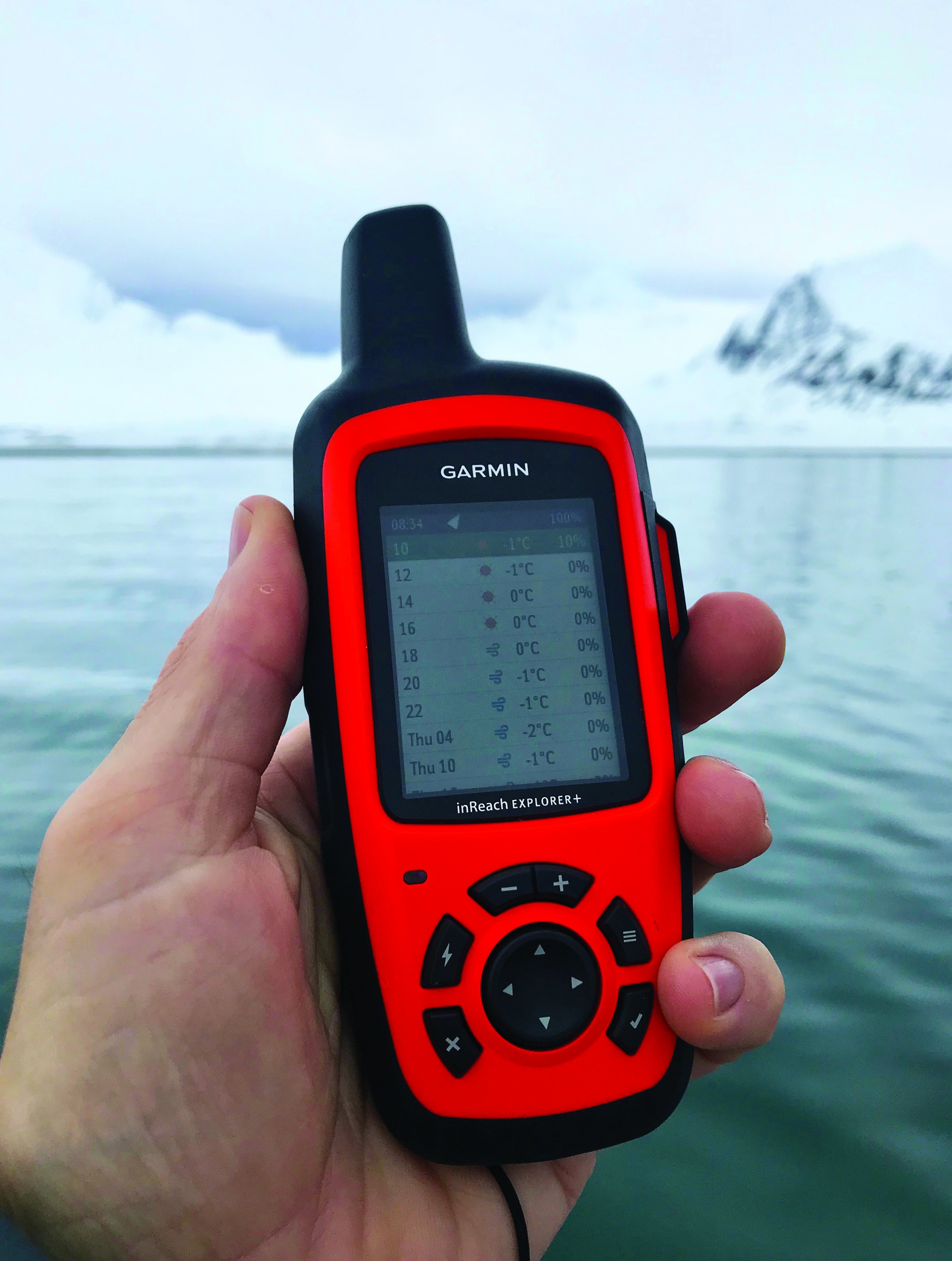Ask Martin Chester | Communications devices for remote expeditions


QUESTION: WHAT’S THE LATEST COMMUNICATION TECH FOR AN OFF-RADAR TRIP? I NEED HELP!
ANSWER:
First up, consider your needs.
Are you wanting to get off the grid and carry a device “just in case”; are you a professional with a duty of care to look after (and repatriate) your team in case of accident; or is it a requirement of a permit (eg Svalbard) in order to access your chosen terrain/location? This might inform your choice between the different options outlined below.
Then, before we get drawn into the detail of your options, the best plan is not to put all your eggs in one basket (or have all your tech rely on one battery) but have a range of well-thought-out devices.
Finally, how ‘off radar’ are we talking – and where in the world?
In coastal areas, the distance to the horizon often means that there are more boats out there than you can see. VHF (especially if relayed ship to shore) can be a fast way to access an entire network of rescue services. A handheld maritime VHF is especially reassuring if you drop it off the Zodiac on your way to land on the Lyngen peninsula!
An EPIRB – especially a small lightweight one – is the kind of thing you can bury in the bottom of your pack and leave for when you really need it. Just make sure you register it properly in advance (not like registering your dishwasher purchase – this really matters). It has a benefit over devices that you might use (and drain battery) for other things, as this is sole purpose. However, the disadvantage is that you pull the cord and just wait with your fingers crossed – there’s no comms.
Satellite locator beacons like the Spot or Garmin InReach now allow you to access a forecast, share your location, send and receive basic text messages and, of course, raise an alarm anywhere in the world. A unit like the Garmin GPSMap 66i combines full GPS function to save the redundancy of a separate device if weight and bulk are a key issue. The disadvantage is using the charge in your emergency device, so think about ship/yacht charging ability and/or solar charger to keep it topped up.
All these devices require a satellite network contract (InReach has better global coverage if you are going way off radar) but they offer flexible (toggle on/off) network charges, so you only pay for the period of your trips.
Satellite phones are gold standard. We took one to remote BC in case we needed to communicate with other people to get out of there: eg arranging a helicopter pick-up. They used to be a bit brick-like but no longer and, with some cheap Russian ones available, they are not as expensive as they once were. You can also rent them for specific trips. You do pay a premium for monthly network charges and call costs, but only if you use them and only for the period of the rental.